Rebecca Miano, currently serving as the Cabinet Secretary for Tourism and Wildlife, has had a career marked by both professional achievements and controversies.
Her recent appointment to the tourism docket comes after a challenging stint in the energy sector as the CEO of KenGen, where allegations of financial mismanagement and inefficiency followed her.
These past issues now raise concerns about how she will handle Kenya’s critical tourism industry, which plays a big role in the country’s economy.
During her time at KenGen, Miano was embroiled in accusations of mismanagement, particularly involving multi-billion-shilling projects that failed to yield results.
Under her leadership, KenGen invested heavily in geothermal energy and other power projects, some of which ended up as costly failures.
Reports indicated that several feasibility studies for power plants were conducted with no tangible outcomes, leading to questions about the transparency and efficiency of the projects.
These projects led to financial losses for the state, and frequent blackouts became a regular occurrence due to the lack of progress in developing reliable power infrastructure.
Moreover, her tenure was linked to claims of procurement irregularities, where contracts were awarded without proper procedures, adding to the financial strain on the company.
A notable example of this was a Ksh 250 million transaction where funds were allegedly diverted towards personal acquisitions, such as a luxury apartment.
These claims, while never fully investigated, raised concerns about Miano’s commitment to ethical governance and prudent financial management.
Miano’s current role as the Cabinet Secretary for Tourism and Wildlife presents new challenges, but it is a sector that demands transparency and results.
Tourism is a key driver of Kenya’s economy, with iconic destinations like the Maasai Mara and Kenya’s coastal attractions drawing millions of visitors annually.
Yet, despite Kenya’s rich natural resources, the tourism sector has underperformed, a situation Miano is tasked with reversing.
She has outlined plans to revitalize Kenya’s tourism industry by leveraging digital technology, social media, and innovative marketing strategies to promote Kenya’s tourism potential globally.
However, her critics argue that while focusing on modern marketing techniques is essential, deeper structural issues must be addressed.
These include improving infrastructure around tourist destinations, tackling rampant poaching, and ensuring fair pricing at national parks like the Maasai Mara.
Miano has been criticized for not addressing the inefficiencies that plague the sector, from underdeveloped facilities to poor road networks leading to key tourist sites.
Her past controversies in financial management and her handling of large-scale projects have caused some skepticism about her ability to transform the tourism sector.
The tourism industry requires not only innovative ideas but also transparency in resource management and accountability in project implementation—areas where Miano’s track record has been less than stellar.
It remains to be seen whether she can overcome the shadow of her past and successfully lead Kenya’s tourism industry into a period of growth and sustainability.
The tourism sector is crucial to Kenya’s economic recovery, especially in a post-pandemic world where competition for tourists is fiercer than ever.
Miano’s ability to deliver results in this vital sector will likely determine not only the success of the country’s tourism industry but also her legacy as a leader.
With her past marked by controversies, Miano now faces immense pressure to prove that she can lead with integrity and competence in a highly scrutinized position.







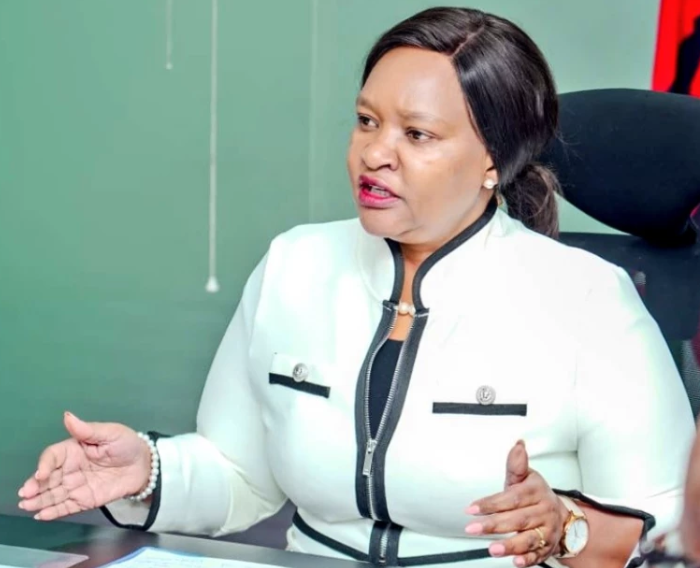


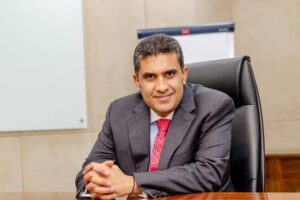


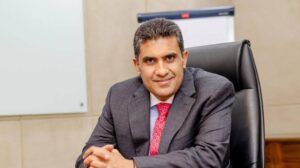


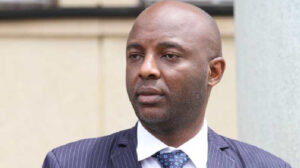

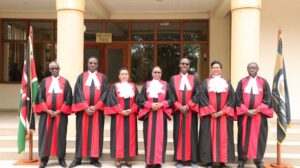

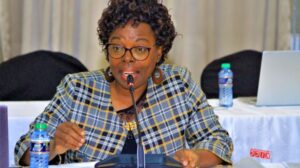
Add Comment